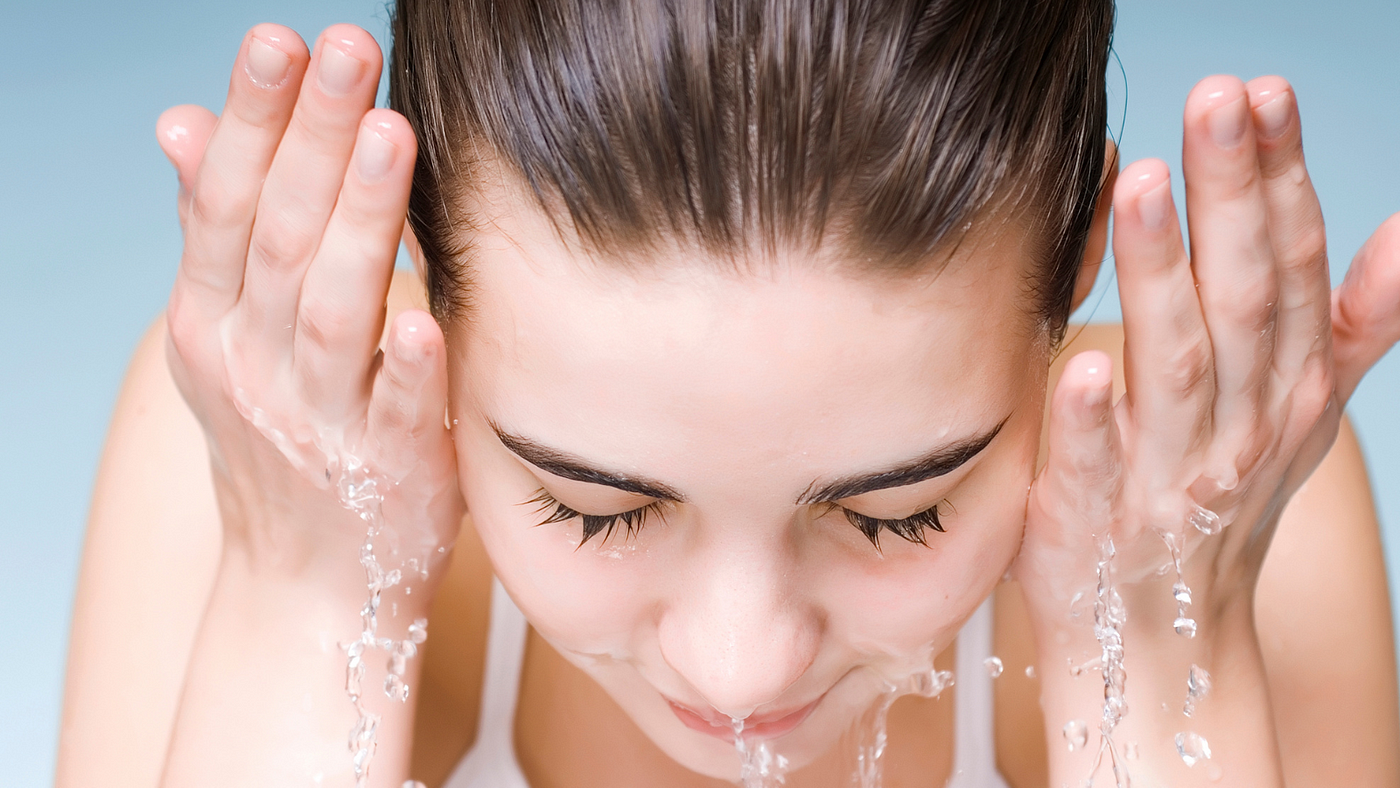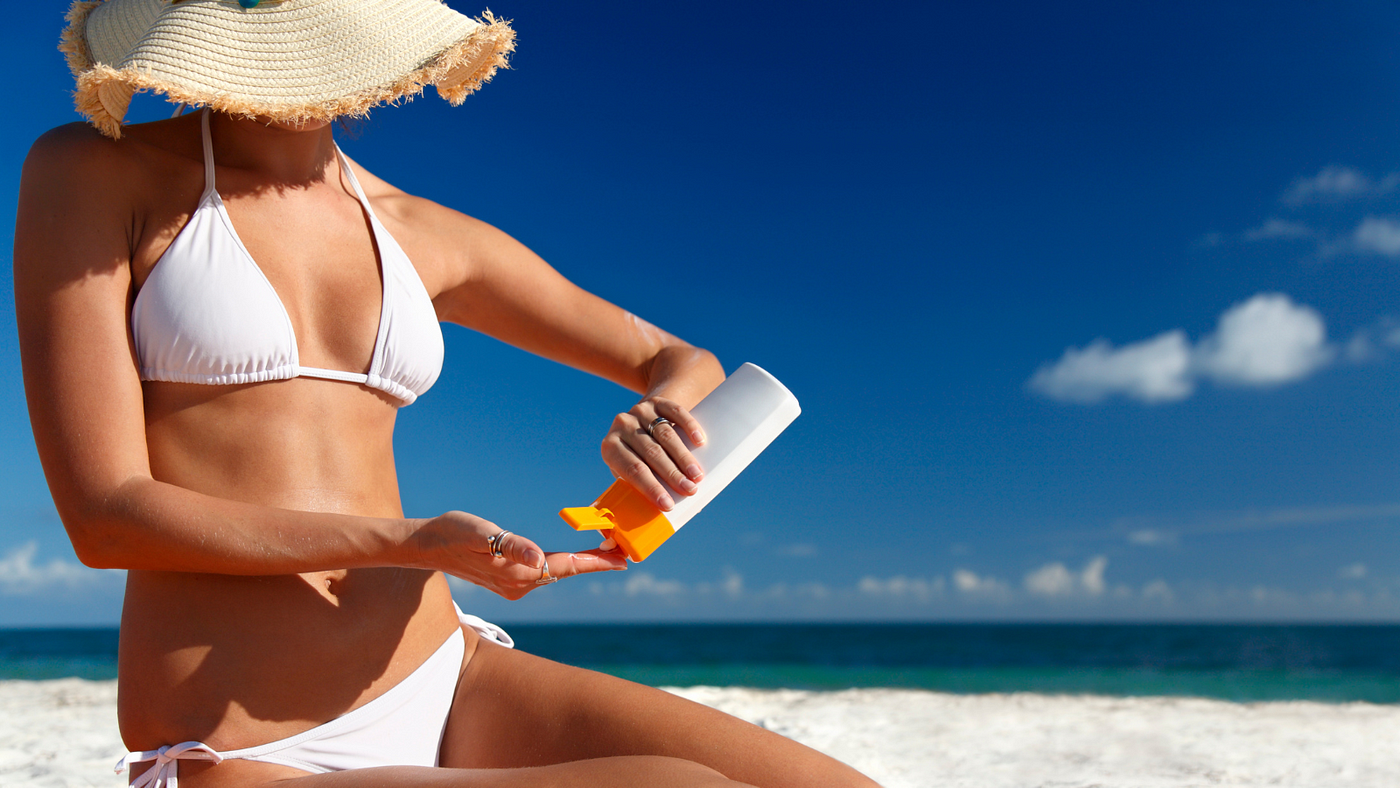Although the epidemic is gradually slowing down, frequent hand washing, maintaining social distance, and wearing masks when going out have become the new normal in the fight against the epidemic. Wearing masks for a long time has caused various skin problems to arise. Summer is coming, and the humid and muggy weather in Hong Kong is even worse for "mask skin." How should we deal with it? The previous article took stock of the symptoms of "mask skin" and the causes behind it. This article will lead You gradually fight off "mask skin" and get rid of various sequelae such as acne, skin sensitivity, oiliness and redness.
Step One: Develop Skin Care Principles – Simplify the Complex
If you find that the "mask skin" symptom mentioned above has appeared on your face, do not rush to the doctor and pile all kinds of skin care products on your face in order to restore the skin to a healthy state, otherwise it may be counterproductive. !Because your facial skin is already very fragile at this time, the skin barrier is damaged, and it is unable to absorb excess nutrients. Various powerful skin care products, ointments, and facial masks may actually increase the burden on the skin.
Just remember the following four points in your daily skin care routine:
1. Cleanse your face gently in the morning and evening
For facial cleansing products, you can choose to use milder amino acids as the main ingredients instead of stronger soap bases; pay attention to the water temperature when washing your face, as water with too high temperature will further irritate the skin; avoid using facial cleansers and other facial cleansing devices that can remove dead skin cells from the face. , so as not to cause the cuticle to thin again, just rub it gently with clean hands.

2. Choose light-weight skin care products that focus on moisturizing/repairing/anti-inflammatory products.
As the skin's own moisturizing ability decreases, the skin care products we choose should first consider its moisturizing effect to help dehydrated skin replenish water in time. Secondly, you can use some anti-inflammatory repair products on a daily basis to help the skin re-establish its "first line of defense." When choosing skin care products, try to avoid using ingredients that contain large amounts of alcohol, sebum, various acids, etc. that are prone to acne or are irritating. The primary consideration should be simple ingredients, mild and non-irritating, and simplify the skin care steps.
3. Pay attention to sun protection
When the skin barrier is damaged, the skin is more sensitive to ultraviolet rays, and the masks worn daily cannot effectively block all ultraviolet rays. At the same time, the area of skin not covered by the mask needs to be paid more attention to avoid aggravating inflammation and pigmentation problems. Considering that the skin of "mask skin" is more sensitive, it is recommended to use alcohol-free, relatively refreshing physical sunscreen products instead of chemical sunscreens, and hardware sunscreens such as sunscreens and sun hats are the most ideal sunscreen measures.

4. Minimize the use of cosmetics
Cosmetics contain preservatives and other chemicals. Wearing a mask with makeup for a long time and the makeup residue after removing makeup can easily irritate damaged skin and aggravate the problem of clogged pores, increasing the risk of acne. In addition, wiping the facial skin back and forth when removing makeup will also cause the skin to become red and more sensitive. Therefore, when we are already suffering from "mask skin", we should try to reduce the use of makeup products, or reduce the frequency and duration of makeup.
Step 2: Choose a suitable mask and replace it regularly
When choosing a mask, remember to check whether the mask meets the inspection specifications. Do not choose a mask that is too small to avoid increasing the friction between the mask and the skin and making the environment between the skin and the mask more cramped. In addition, it is recommended to remix the mask every 4-6 hours to prevent the innermost water-absorbent layer of the mask from being saturated, increase the humidity inside the mask, and prevent dust and dirt accumulated inside from providing a breeding ground for bacteria.
Step 3: Develop good work, rest and eating habits
Bad lifestyle habits such as staying up late and having irregular work and rest hours can easily induce endocrine disorders, which can lead to increased sebum secretion, aggravate the imbalance of water and oil on the face, and worsen inflammation and acne. Maintaining a long-term regular schedule can help enhance resistance and promote self-healing of the skin. At the same time, if you want to get rid of "mask skin", you need to adopt healthy eating habits, focus on light foods, control sugar involvement, avoid greasy and spicy food, and fight off skin problems from the inside out.

Step 4: Internal adjustment with probiotics that are beneficial to skin health
According to a report in the International Journal of Dermatology, probiotics can effectively adjust the skin's own microbiota, resist inflammation, prevent acne breakouts, and help improve skin health problems. In the general treatment of acne skin problems, oral A acid and antibiotics are standard treatments. However, both have side effects to varying degrees: Taking A acid can cause various adverse reactions, such as: fetal teratogenesis, depression symptoms , abnormal liver function, etc.; taking antibiotics, such as tetracycline, can easily irritate the digestive system and cause symptoms such as dizziness and nausea. Moreover, the drugs are photosensitive and need to be used away from light. In comparison, using probiotics as a treatment for acne is simpler and more convenient, and there is no need to worry about side effects.

How can probiotics help us fight a series of skin problems caused by "mask skin"?
1. Soothe skin inflammation
Acne problems are caused by inflammation of clogged pores, and experiments have shown that Lactobacillus and Bifidobacterium strains can help the body produce more anti-inflammatory cytokines while reducing the release of pro-inflammatory cytokines.
2. Inhibit pathogenic bacteria in skin flora to fight acne
Studies have pointed out that glycerin fermented by Staphylococcus epidermidis is a natural inhibitor that can effectively inhibit the overproduction of Propionibacterium acnes, thereby controlling the proportion of microbiome on the skin, and can play an auxiliary role in the treatment of acne.
3. Helps reshape skin barrier
Among the probiotics, Lactobacillus paracasei and Bacillus coagulans can strengthen the skin and help the skin remodel its barrier, thereby increasing the skin's resistance and regaining healthy skin.
Finally, if the skin problems caused by "mask skin" continue to worsen and cause severe discomfort, please seek medical treatment in time and receive professional treatment as soon as possible.
Additional information : https://pubmed.ncbi.nlm.nih.gov/32266790/


 Whatsapp us!
Whatsapp us!